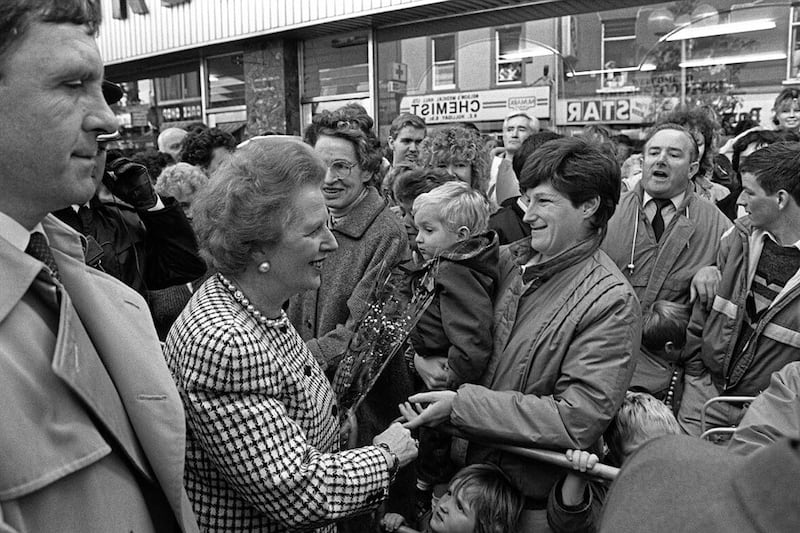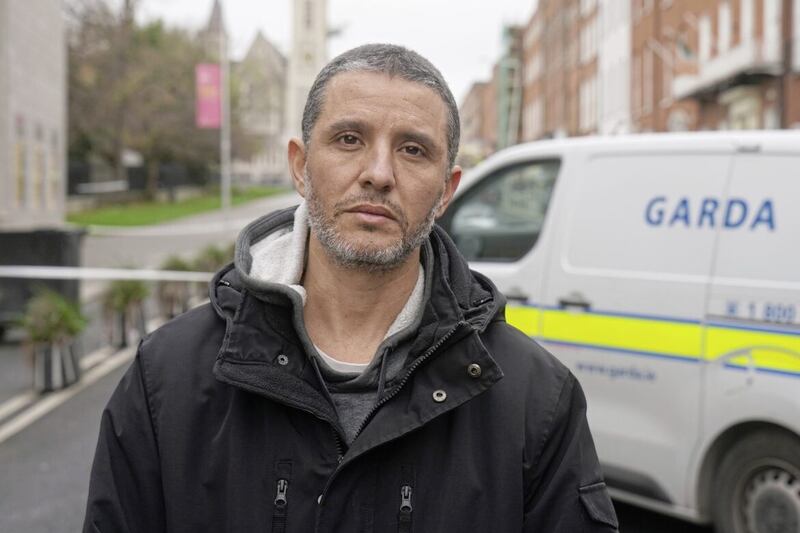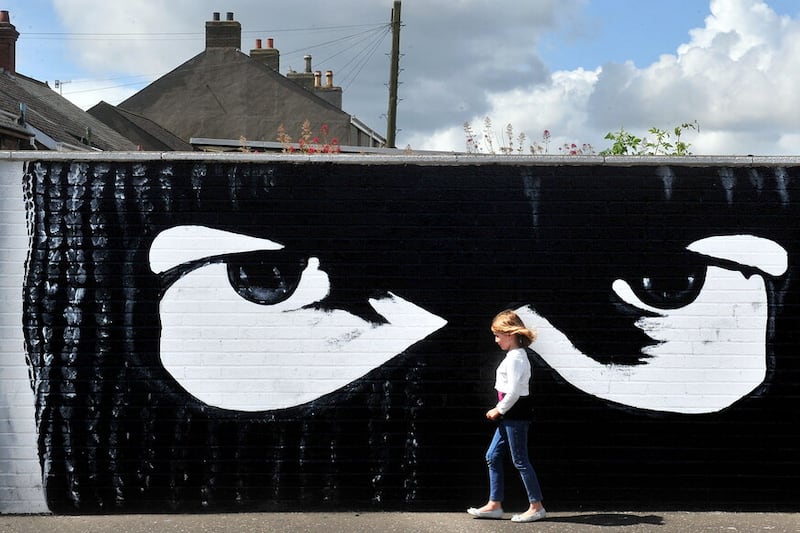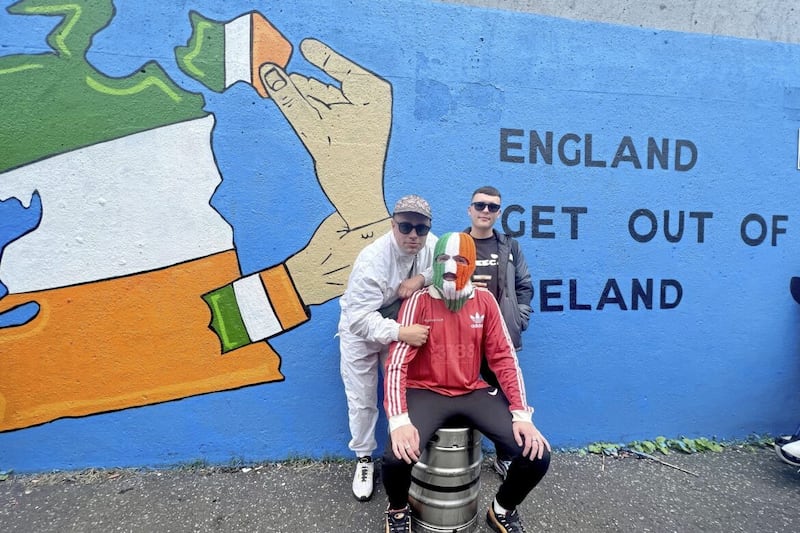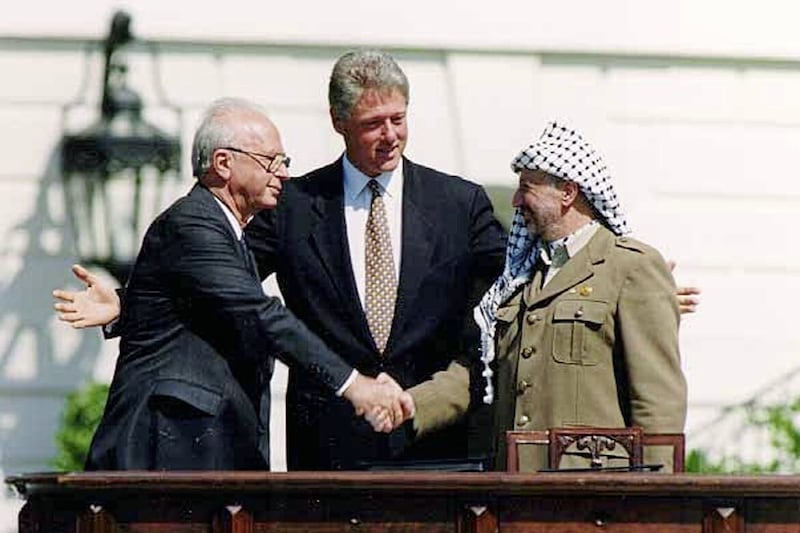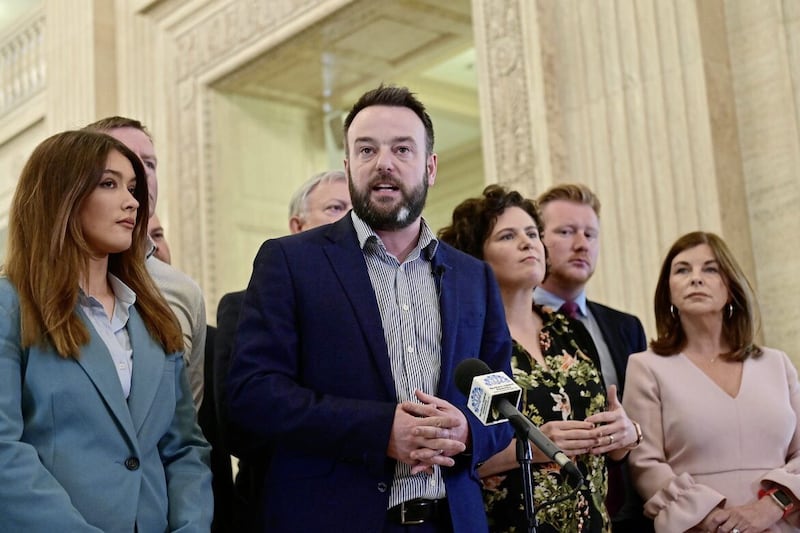In a few days time we will return to the polls.
Past experience may have dampened enthusiasm for elections. That said, there is a responsibility to exercise the universal franchise which was hard won.
Just over fifty years ago, a cornerstone of the civil rights campaign was to obtain ‘One man - one vote’. The thousands who marched on the streets faced baton charges, water cannon and bullets to end the discrimination and gerrymandering which existed in Northern Ireland.
At the start of the twentieth century, the Suffragettes sacrificed freedom, liberties and in some cases their lives to ensure women secured the right to vote.
In 1998, it was the plebiscite held on the Good Friday Agreement which finally freed society from the pointless cycle of violence and counter reprisals that robbed a generation of their right to live free from fear and without the threat of bombs and guns.
Those who say voting changes nothing should lift up the book ‘Lost Lives’. Over 3,700 killed and a further 40,000 injured or maimed. Let’s put that in context for the peace generation; out of a population of 1.5m people back then - one in 450 were killed and one in fifty was injured. The so called ‘Troubles’ touched nearly every single family in the north.
Next year, the Good Friday Agreement will celebrate 25 years and it should be a celebration. A celebration of the victory of the ballot box over the bullet and the baton round.
It’s said politics is the art of the possible. Or at least that is the theory.
As with all things - the theory is thoroughly tested by the practitioners. The best of those, like John Hume, Mo Mowlam, Martin McGuinness, David Trimble, David Ervine and John Alderdice saw what CS Lewis described as that “vast ocean of possibilities which lies between no hope and very little hope”.
Even the late Ian Paisley (albeit a Johnny come lately to peace building) eventually saw those possibilities too and how Northern Ireland could be dramatically transformed from a place of despair to a beacon of hope.
Of course, there are those who continue to hurl from the ditch.
They are on both sides of the divide - the naysayers, begrudgers, carpers, disruptors and the blinkered, bigoted and belligerent. These people fear partnership and progress. They would rather bring the whole edifice of the Good Friday Agreement down than accept a society based on compromise, conciliation and cooperation. These misanthropes would rather wallow in misery and have everyone else wade in a mire of mutual distrust.
Since 2016 and the last assembly elections, the two main parties, the DUP and Sinn Féin, have between them damaged confidence in the political system by putting their own narrow party political (sometimes personal) concerns ahead of the general public. They have undermined the work of some of their better performing ministers. Little wonder the public is sceptical and tired of broken promises.
And yet, this place only works if those representing the main traditions in Northern Ireland sit down and purposefully engage. Either they get that message by now or they don’t. Both are equally culpable in thwarting the work of the executive and the assembly by their stop/start tactics.
The election provides an opportunity to change the dynamic between the ‘big two’ by empowering other parties such as the SDLP, UUP and Alliance. That’s why transfers are so important. I enjoy exploring my least worst options on a ballot paper though sometimes I don’t reach the end!
In 2001, John Hume said we need to create “a society where the pursuit of our common interests is the most potent expression of our shared patriotism”. Hume was the kind of patriot who put people first. His legacy deserves more than fine words and eulogies, it needs to be realised by political action. 2022, Hume’s vision has no expiry date.





